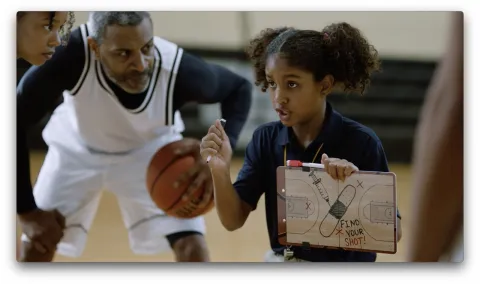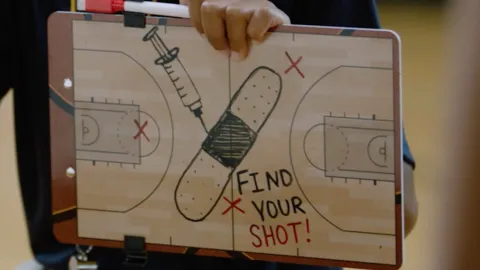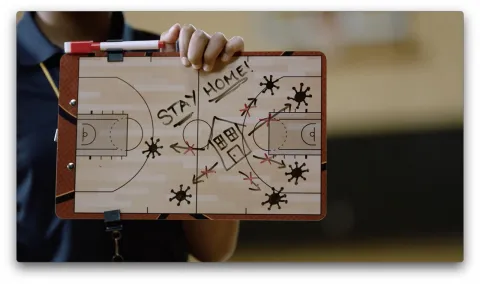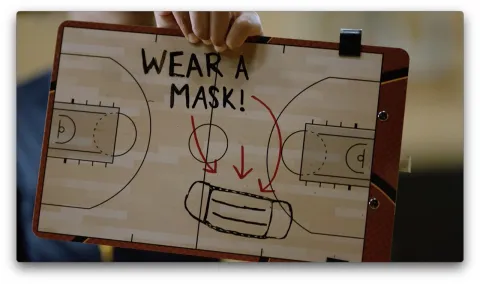Your Winter Game Plan to Preventing Flu, RSV & Covid-19

Covid-19, flu and RSV are all respiratory viruses that are common in colder months.
These illnesses can be serious for pregnant people, older adults and anyone with a suppressed immune system. Flu and RSV can be more serious in babies and young children.
Vaccines and steps you took during the pandemic are still our best protection against these illnesses. Follow these tips to avoid missing work, help kids stay in school and protect loved ones.
Get Vaccinated

- Get a flu shot
- Update your Covid-19 vaccine
- Get an RSV vaccine, if you didn't get one last year (adults 60 and over or pregnant)
Infants should get RSV antibodies, which protects them in their first winter. Talk to your doctor about timing.
Prevent Illness Every Day

- Stay home when you’re sick
- Wash hands often
- Clean and disinfect high-touch items (doorknobs, phones, TV remotes)
- Avoid being around people who have respiratory illness symptoms
- Watch for symptoms, especially if you were around someone who is sick
- Get tested if you think you have Covid-19
Prepare for Winter Illnesses
- Have Covid-19 test kits at home (or know where to get one).
- Ask your doctor about Covid-19 treatment options.
- Carry a mask. You may be asked to wear it indoors, or to protect people at high risk.
- If you’re at risk of severe illness, stay in touch with your doctor or clinic.
Your provider may recommend that you wear a mask or take other precautions. If you do get sick, they can help you decide if you need to get tested or get treatment.
If you don’t have a provider, call 211 for help finding one.
More Things You Can Do

- Wear a mask indoors or in crowds.
- Delay visits with those at higher risk for severe disease, or take precautions (such as masks and physical distancing) when around them.
- Hold smaller gatherings, and move them outdoors when possible.
- Open windows and doors to improve ventilation
If You Get sick
Most people recover from respiratory illnesses on their own. Stay home and do the things you usually do to feel better–sleep, rest, drink plenty of fluids.
- Wear a mask around others until your runny nose and cough are gone.
- Wash your hands often, especially after blowing your nose
- Cover your cough with a tissue or your sleeve
- Keep distance from others
- Open windows and doors to improve room ventilation
You can return to work, school, and other activities after:
- You have been without a fever for at least 24 hours without use of fever-reducing medications, and
- Symptoms are better, and
- You can eat and drink okay, and
- Your runny nose and cough are mild enough that you can participate in activities and keep your hands clean.
Symptoms
Comparing the different illnesses
|
COVID |
FLU |
RSV |
|
|
Spreads easily through the air |
✔️ |
||
|
Spreads through mucus droplets from someone’s nose or mouth |
✔️ |
✔️ |
✔️ |
|
Can live on hard and soft surfaces and spread by touching these surfaces |
✔️ |
✔️ |
|
|
A vaccine is available |
✔️ |
✔️ |
✔️* |
|
Can be higher risk for pregnant, older adults, and immunocompromised people |
✔️ |
✔️ |
✔️ |
|
Can be higher risk for babies and children |
✔️ |
✔️ |
*For adults 60 years and older, and those who are 32-36 weeks pregnant.
